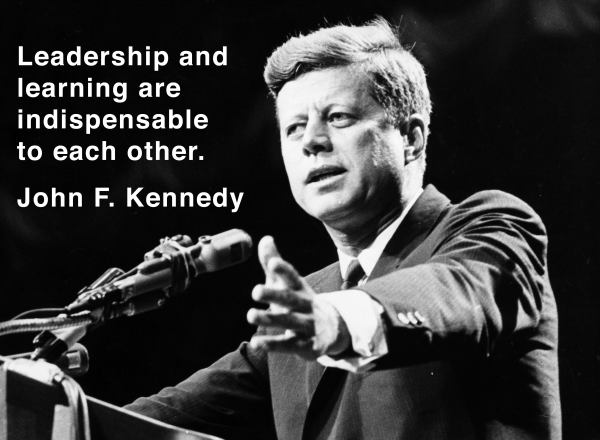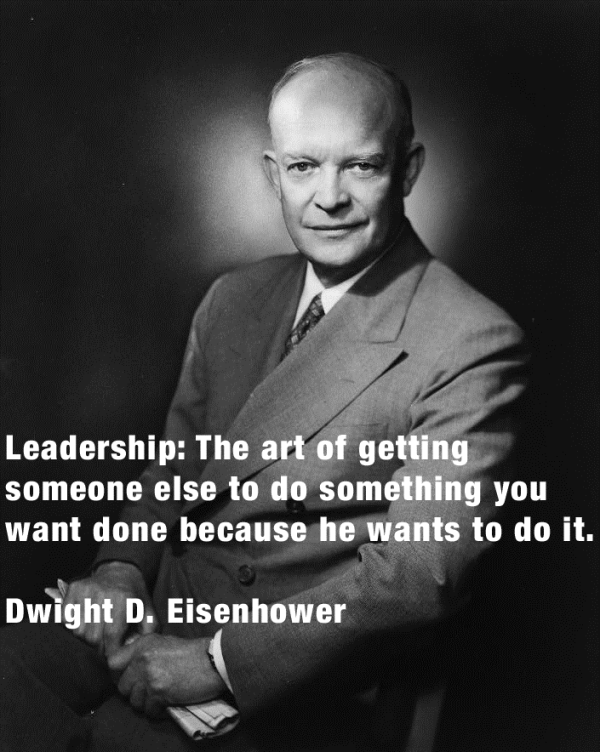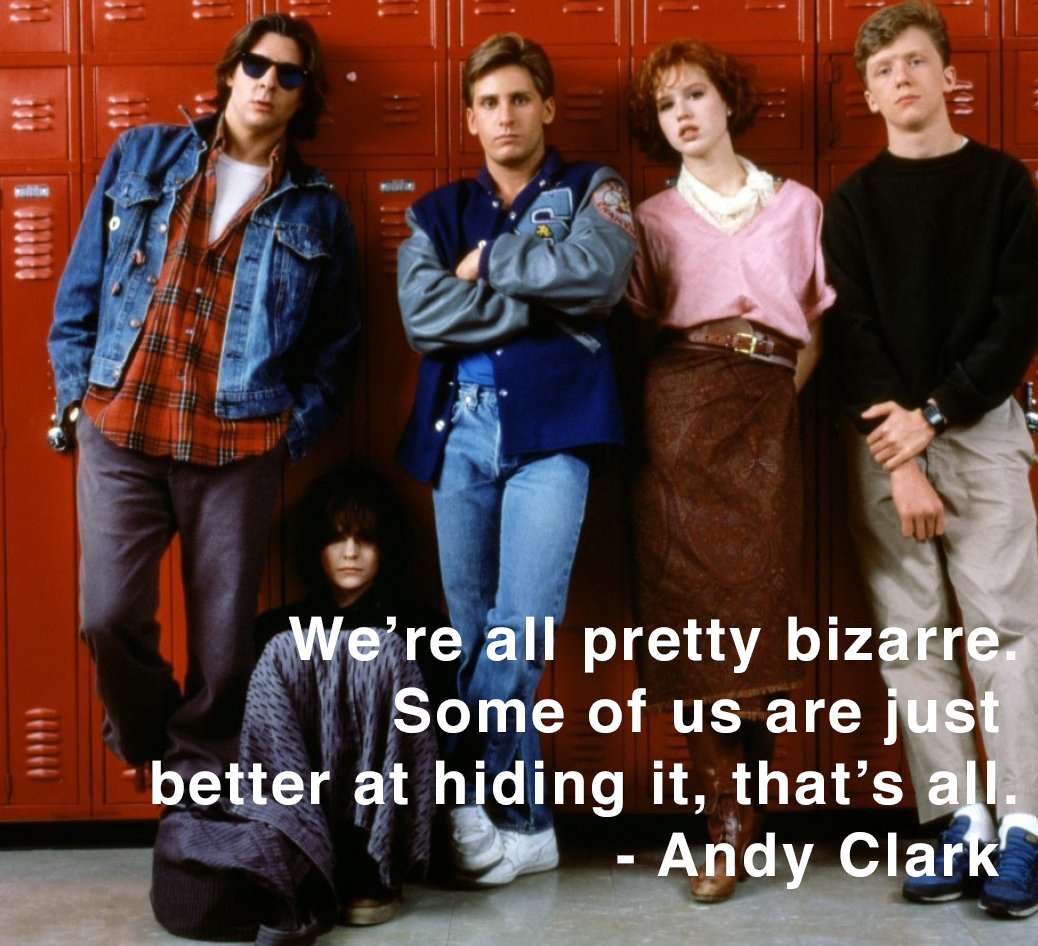A recent article on ABC News’ website chronicles the story of a job seeker who is suing a potential employer for allegedly using personality assessments to support discriminatory hiring practices.
Here’s the gist, according to ABC News: A woman named Vicky Sandy applied for a job as a cashier, bagger and stocker at a Kroger supermarket in West Virginia. As part of the application process, she took a personality assessment designed to predict whether she would be friendly and communicate well with customers. Sandy, who is hearing- and speech-impaired, scored a 40 percent. Her post-test results showed that she was less likely than other applicants to "listen carefully, understand and remember" and suggested the job interviewer listen for "correct language" and "clear enunciation." She was not hired, and subsequently filed a discrimination complaint with the Equal Employment Opportunity Commission.
Without knowing all of the details, we can’t comment on this specific case. But it brings up an important point. As more companies turn to personality assessments to help them with the hiring process, it is critical that those assessments are well validated, and that they are used properly.
At Hogan, we take enormous pride that our assessments have never been successfully challenged, and we provide our clients detailed information about the development and validation of each of our four assessments.
Dr. Kevin Meyer, a senior consultant in our global alliances division, explains it simply in his last blog post “The (Il)legality of Personality Assessment in Employee Selection.”
For the more complicated version, check out our white paper “Adverse Impact and the HPI.”




 Jon Bentz pioneered the study of managerial derailment when he launched a 30-year study of failed managers in the late 1970s at Sears. Bentz presented his research at the Center for Creative Leadership in the early 1980s. Bentz noted that they were uniformly bright and socially skilled; they failed because they:
Jon Bentz pioneered the study of managerial derailment when he launched a 30-year study of failed managers in the late 1970s at Sears. Bentz presented his research at the Center for Creative Leadership in the early 1980s. Bentz noted that they were uniformly bright and socially skilled; they failed because they: 


 Are you convinced you are too busy to keep up with your inbox?
Are you convinced you are too busy to keep up with your inbox?
